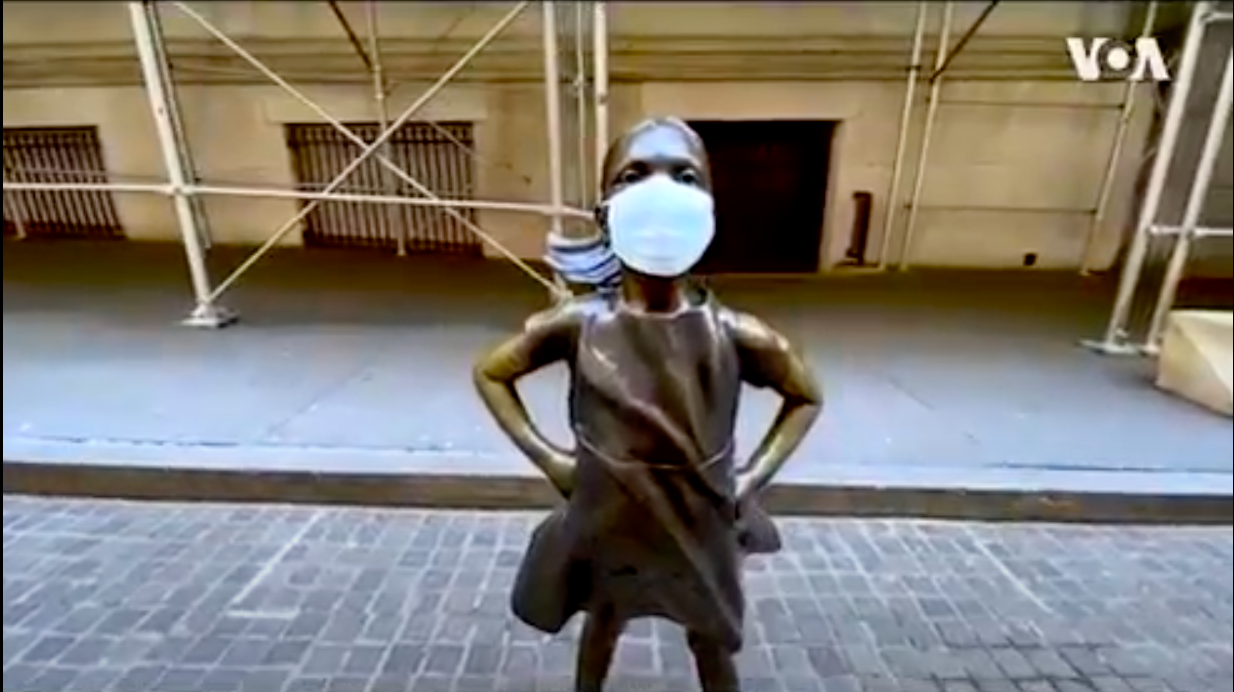“Threads Undone” Artist Interview: Rochelle Pascale

Interested in learning more about the artists on display at Emerson Contemporary‘s Media Art Gallery? Read about Rochelle Pascale and her work, “Wildfires.”

1) What do you do as an artist? What are some mediums and themes you’re currently exploring or looking to explore with your art?
I’m a film maker and I really enjoy researching historical testimonies and trying to bring them to life. I think it’s important not to forget the voices of the past. I try to pay the most attention to the stories of child laborers as I believe their voices have become lost or muddled throughout time. Children are usually the most exploited and the most forgotten; no one deserves to be forgotten. I like to write historical dramas/period pieces that explore the spaces and perspectives of child laborers.
Additionally, I also like to deal with the subject of trauma. I think it’s important in today’s society to bring attention to trauma so that people can understand, accept, and try to heal their trauma.
2) What does the exhibition “Threads Undone” mean to you? How does your art fit into or deviate from that idea?
Threads Undone means graduation! I’m joking, I think it’s really fantastic to be able to exhibit a film as an art piece. As a film maker, there only seems to be a few ways of screening your art and exhibition spaces give the audience a completely different experience than a big screen. I had to juxtapose two pieces onto two monitors and think about how one would experience the film in that context.
3) Is there anything you’d like the viewer to know or be aware of when they’re experiencing your piece, “Wildfires?”
The film is a found footage film and so most of the footage is not mine. I do appear for a few seconds in the film; sort of like a self portrait. For the most part, I am taking news clips, testimonies, cell phone videos, camera footage of other people sharing their perspective to try and make sense of everything that is going on; from the protests, to the riots, wildfires, and the storming of the capital. At its heart, the film is actually about our collective trauma during the Covid 19 pandemic which has unravelled our society’s structure.
4) How did “Wildfires” come about? What was the inspiration and journey for that project like?
I was originally going to create a film about a girl who uses drawing to escape domestic abuse. Unfortunately, the Covid 19 pandemic shut down the entire economy for over a year. So, I was unable to gather/organize a crew or actors for my shoot. I had to think outside of the box and figure out what I could do to make a film without endangering the lives of others. I was an essential worker who worked with the public; so it would have been a risk to others.
I was already paying very close attention to Covid 19 since the first news reports back in late December/early January. I became fixated on the unfolding disaster and I realized that it would be really important for posterity to gather recorded testimonies and news reports. I did not have the ability to quarantine and the city became completely desolate as soon as Gov. Baker ordered the two week stay at home advisory. Basically, nothing about my routine changed at all except that there were no people around. During the spring and summer, tourists flock to Boston. There were not a lot of tourists that year, the students left, people flocked out of the city to more rural/suburban areas to work remotely. It was very isolating.
I realized that I could not hide from Covid 19 and that I just needed to “be in it.” I needed to embrace the situation for what it was and make something out of a bad situation; perhaps I could give us all a voice.
The year happened to bring even more unrest and turmoil than was anticipated. I suspected that the Covid 19 pandemic would have larger implications on our society and so I was waiting for something to explode. There is a collective trauma that we’ve all experienced together. We’re all upset and angry for valid reasons, but we can’t quite figure out why or with whom we are enraged.
The Q anon followers who storm the capital at the end are not so different from the George Floyd protestors. I mean, they all need to feed their families, they are all citizens at the mercy of an incompetent government and police force. They are all at the mercy of the Covid 19 pandemic and its repercussions on our society. If only the Q anon followers could realize that, maybe there wouldn’t be so much anger and divisiveness towards others. Maybe we could actually come together to solve the very real problems of our broken, dilapidated society.